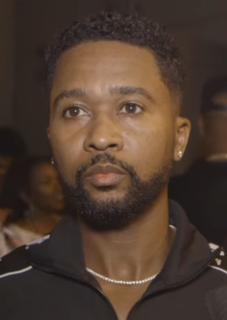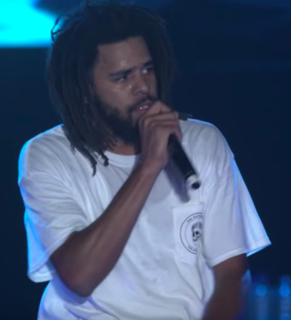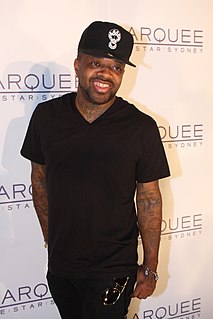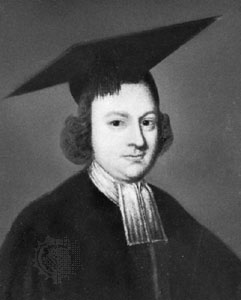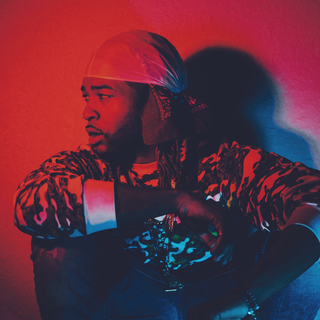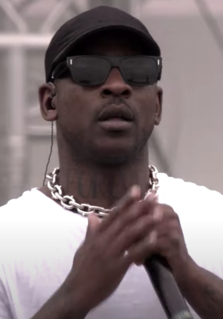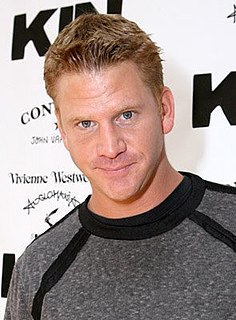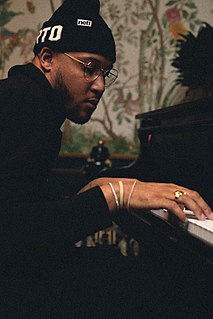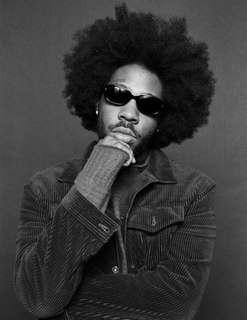A Quote by Murda Beatz
When Migos flew me out to see if I was actually making the beats, they didn't expect a white kid from Canada to be making harder beats than the guys in Atlanta. Being white in that environment, it was definitely different.
Related Quotes
I see racism as institutional: the rules are different for me because I'm black. It's not necessarily someone's specific attitude against me; it's just the fact that I, as a black man, have a much harder time making an art-house movie and getting it released than a white person does about their very white point of view. That's racism.
Thus when a barber and a collier fight, The barber beats the luckless collier-white; The dusty collier heaves his ponderous sack, And big with vengeance beats the barber-black. In comes the brick-dust man, with grime o'erspread, And beats the collier and the barber-red: Black, red, and white in various clouds are tost, And in the dust they raise the combatants are lost.
I started playing instruments before I started making beats, and I was never the best guitarist or the best pianist or the best drummer. And when I started making beats, I was not the best beatmaker, and when I started making hooks, I was not the best vocal melody person. When I first started rapping, I wasn't the best rapper at all.
I'm a small-time white kid trying to represent hip-hop. If a hip-hop artist comes up and beats me in a battle, who did they beat? A small-town white kid who ain't never been an MC, who ain't never done nothing. Now if an MC comes to battle and they get beat by a small-town white boy, that's MC suicide.
When I first starting making beats, I didn't know samples were being used in any beats. I had no idea where producers were getting the real string sounds or the voices on their tracks. I knew nothing about loops or sampling off of records. So, by me knowing nothing about this it made me concentrate on my chords on the keyboard.


